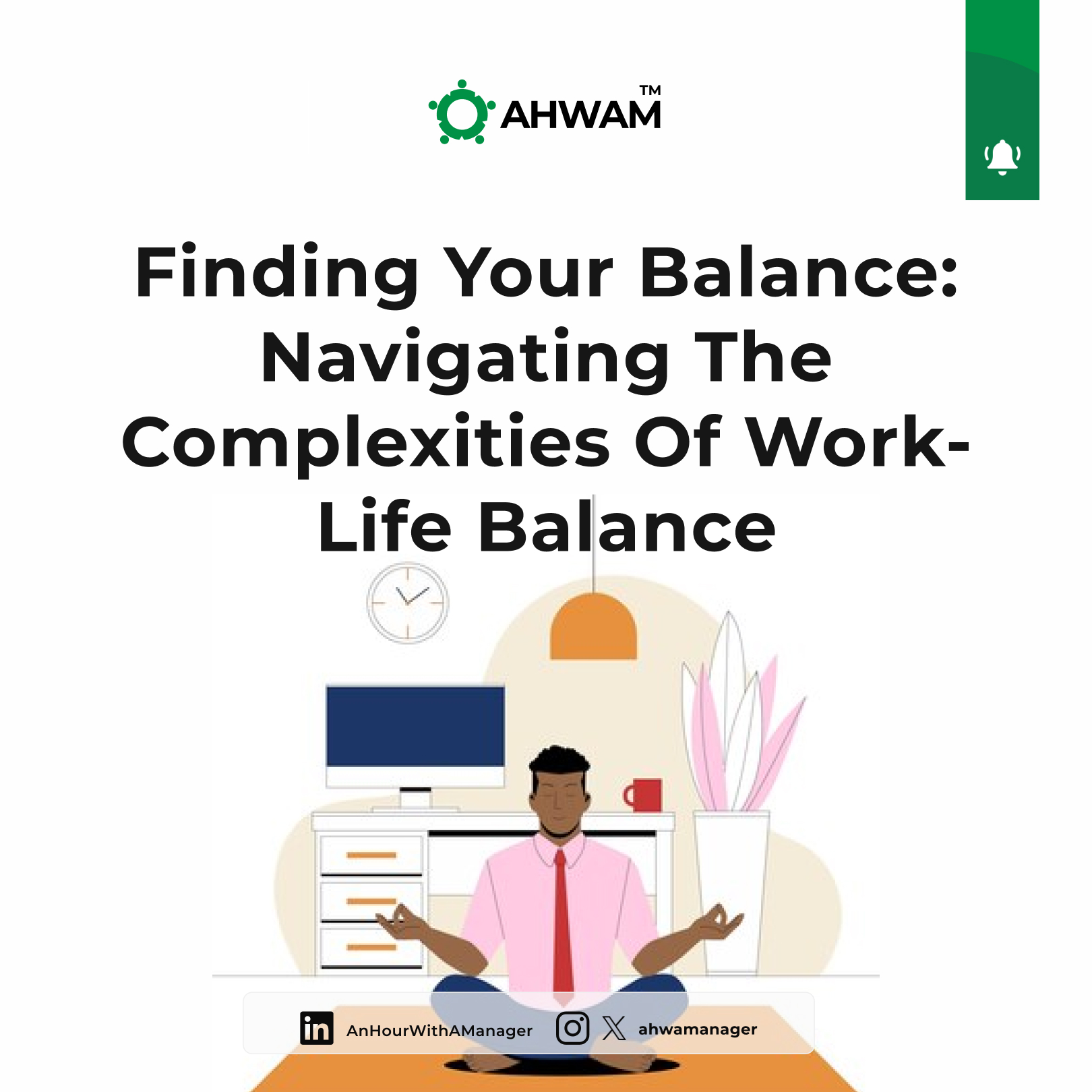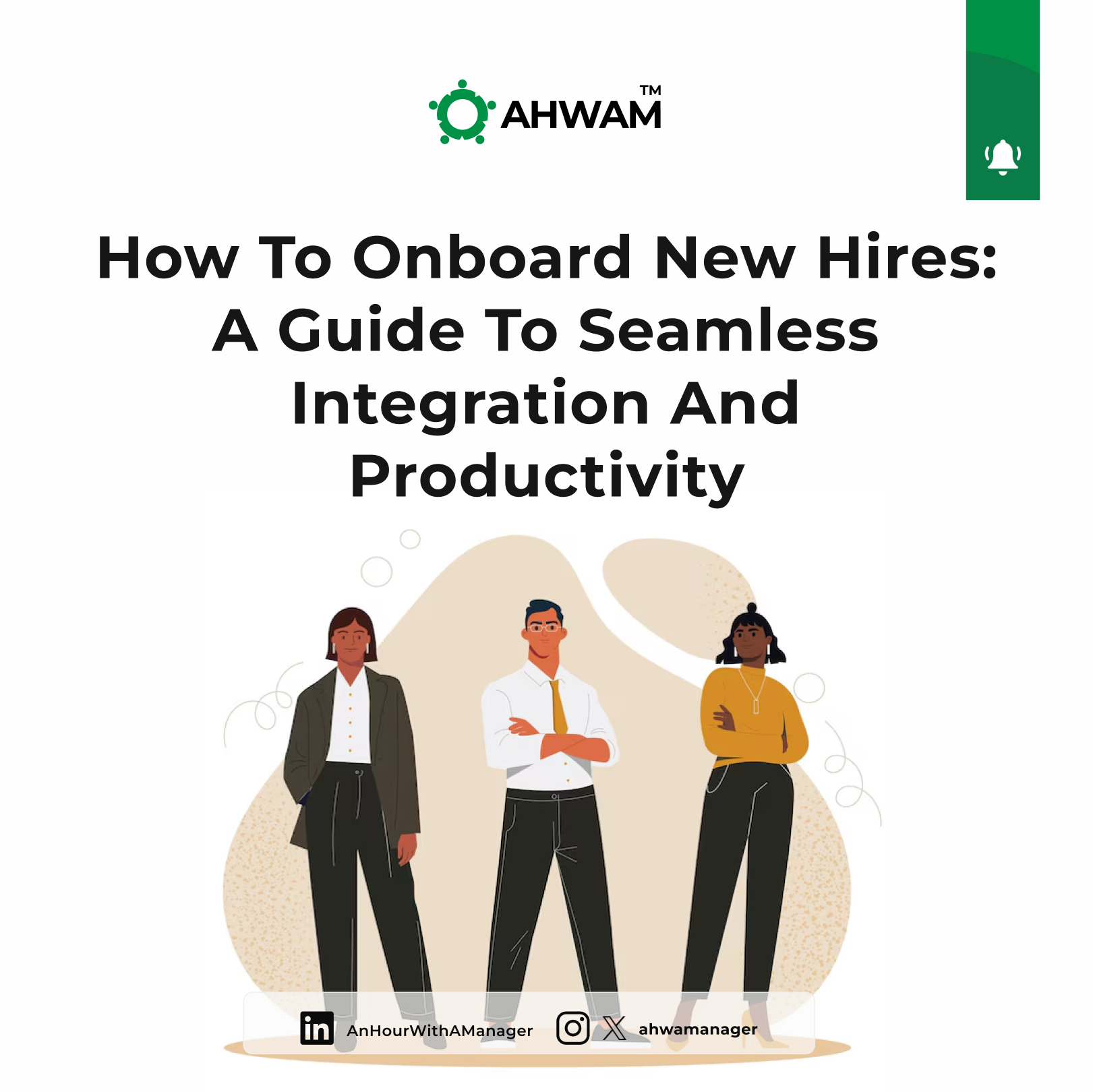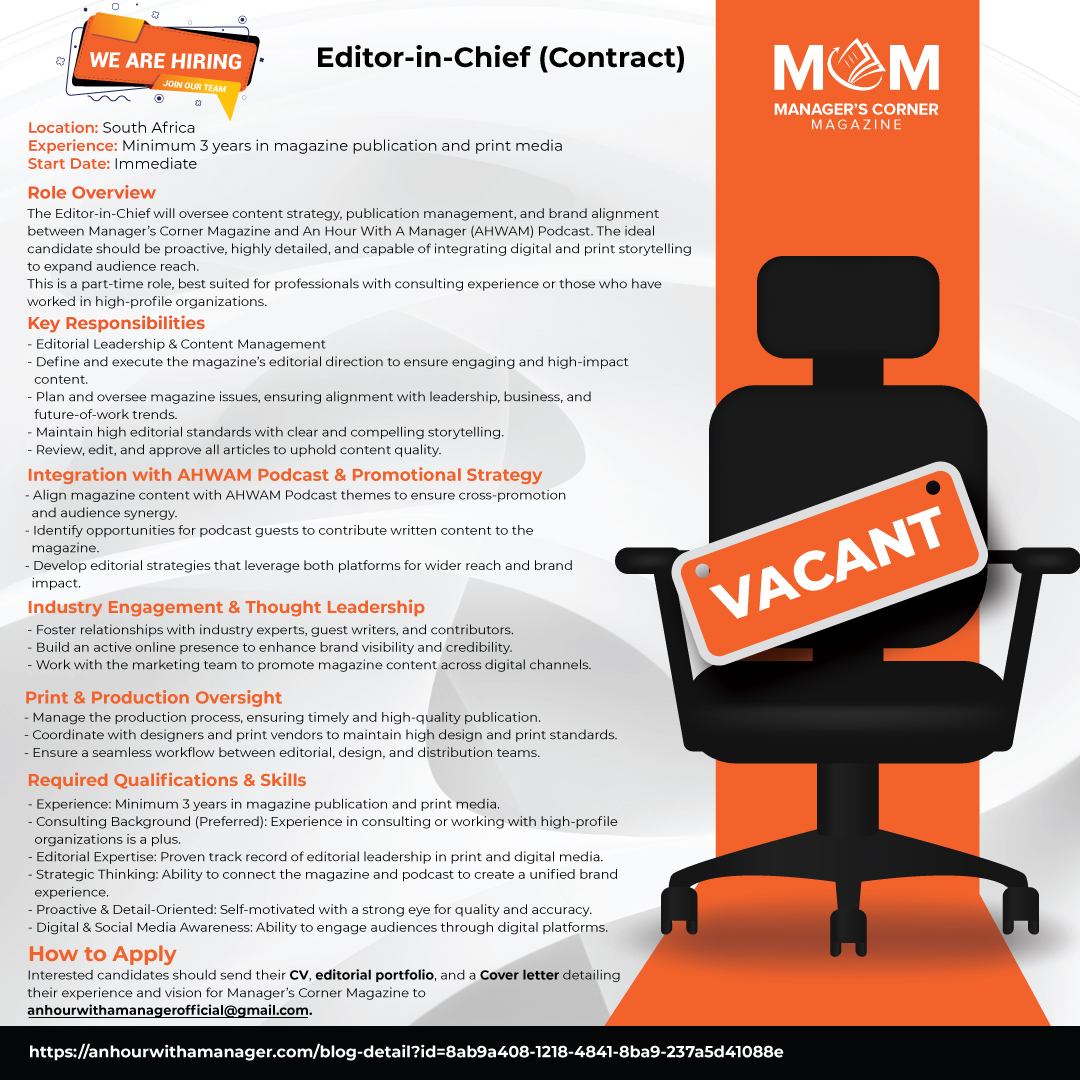In today's corporate world, achieving a healthy work-life balance has become increasingly challenging. The lines between work and personal life often blur, leading to stress, burnout, and decreased productivity. It's essential to recognize the importance of striking this balance and implementing strategies to maintain a fulfilling and sustainable lifestyle.
Understanding Work-Life Balance
Work-life balance is about finding a harmonious equilibrium between your professional and personal life. It's not about sacrificing one for the other but rather about effectively managing both aspects to achieve overall well-being. A balanced approach can lead to increased job satisfaction, improved relationships, and a healthier lifestyle.
The Growing Importance of Work-Life Balance
Research available suggests that employees who prioritize work-life balance are more likely to experience higher job satisfaction, lower stress levels, and increased productivity. Additionally, organizations that foster a culture of work-life balance tend to have lower turnover rates and attract top talent.
How Work-Life Imbalance Affects Employees
When employees are unable to achieve a healthy work-life balance, it can have a significant negative impact on their physical, mental, and emotional well-being. Common consequences include:
- Increased stress and anxiety: Constant pressure and overwork can lead to elevated stress levels and anxiety.
- Burnout: Chronic stress can result in burnout, characterized by exhaustion, cynicism, and decreased performance.
- Decreased productivity: When employees are stressed and overwhelmed, their productivity can suffer.
- Health problems: Work-life imbalance can contribute to various health issues, such as heart disease, high blood pressure, and digestive problems.
- Strained relationships: Spending too much time at work can negatively impact personal relationships and family life.
Key Takeaways
- Work-life balance is essential for overall well-being.
- Achieving balance requires intentional effort and planning.
- Organizations that prioritize work-life balance have a competitive advantage.

- Imbalance can have negative consequences on physical, mental, and emotional health.
Actionable Steps
- Set clear boundaries: Establish clear boundaries between work and personal time. This might involve setting specific work hours, avoiding work-related tasks during personal time, or creating a dedicated workspace.
- Prioritize tasks: Identify and prioritize tasks based on importance and urgency. This will help you focus on what matters most and avoid feeling overwhelmed.
- Delegate effectively: Don't be afraid to delegate tasks to others, especially if they can be handled by someone else. This can free up your time and reduce stress.
- Take breaks: Schedule regular breaks throughout your workday to rest and recharge. Even short breaks can make a significant difference in your productivity and mood.
- Practice self-care: Prioritize self-care activities that promote your physical and mental well-being, such as exercise, meditation, or spending time in nature.
- Communicate openly: Talk to your manager or colleagues about your workload and priorities. Open communication can help prevent burnout and ensure that your needs are being met.
Recommendations
- Create a supportive work environment: Organizations should foster a culture that values work-life balance and provides employees with the necessary tools and resources to achieve it.
- Offer flexible work arrangements: Consider options such as flexible hours, remote work, or job sharing to accommodate employees' needs.
- Promote employee well-being: Provide access to wellness programs, mental health resources, and employee assistance programs.
- Encourage open communication: Create a safe and supportive environment where employees feel comfortable discussing their workload and concerns.
Reference Sites
Summary
Finding a healthy work-life balance is a challenge, but it's achievable. By implementing strategies and prioritizing your well-being, you can create a more fulfilling and sustainable lifestyle. Remember, a balanced approach benefits not only you but also your organization as a whole.











